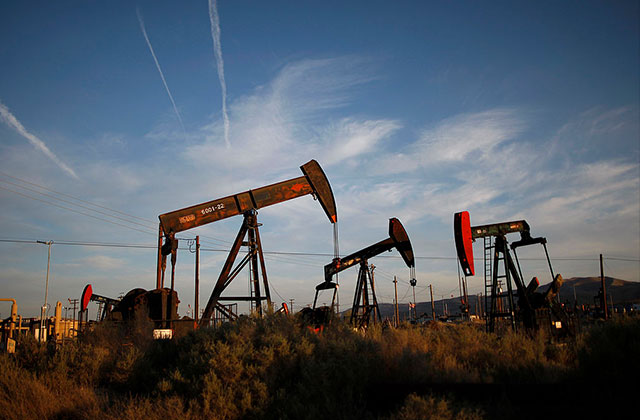A study published yesterday (February 21) in Environmental Science & Technology found that up to 16 percent of fracking wells used to extract natural gas reported a spill every year.
The report by researchers from Duke University, Harvard University and The Nature Conservancy, among others, looked specifically at wells in Colorado, New Mexico, North Dakota and Pennsylvania between 2005 and 2014. The number of wells that saw spills varied among states from two to 16 percent.
In total, the four states had 6,647 spills over the nine years studied. North Dakota had the highest number of accidents, and comprised 67 percent of the data. Seventy-five to 94 percent of spills, depending on the state, took place during a well’s first three years. In all four states, half of the spills resulted from storage and the transportation of fluids through flow lines.
The team created an interactive map to help visualize the spills. Users can filter by state, year and well age.
However, as InsideClimate News reported, states don’t have a consistent way of reporting these spills, which allowed for such a wide range of numbers in the study. For example, in North Dakota, any spill greater than 42 gallons must be reported. In Colorado or New Mexico, however, a spill smaller than 210 gallons isn’t usually recorded.
Even accounting for reporting discrepancies, this new study is quite the contrast to the fracking study the EPA released in May 2015. While it looked at nine states between 2006 and 2012, that report recorded only 457 spills—a mere one percent. “The EPA just looked at spills from the hydraulic fracturing process itself which is just a few days to a few weeks,” lead author of the new study, Dr. Lauren Patterson from Duke University, told BBC News. “We’re looking at spills at unconventional wells from the time of the drilling through production, which could be decades.”
This new data comes at a time when the Trump administration is considering an increase in energy production amid pleas from environmentalists to focus on renewables instead of fossil-fuel based technology like hydraulic fracturing, or fracking. Opponents site the damage resulting from the process which injects high-pressure water full of chemicals and sand into underground rock to release the gas inside.
Find the study here.
(H/t BBC)
